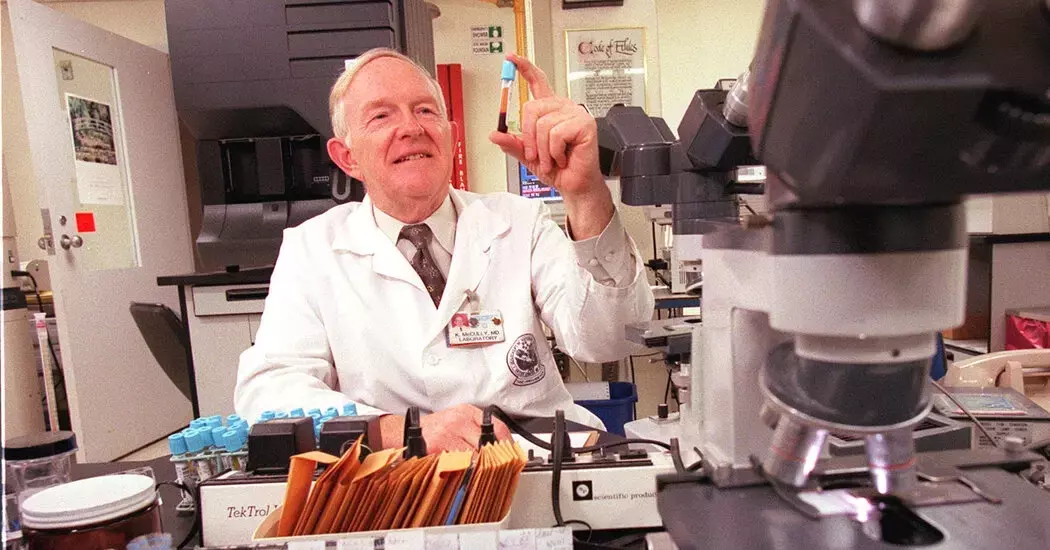
Dr. Kilmer S. McCully, a pioneering pathologist from Harvard Medical School, passed away at the age of 91 in Winchester, Massachusetts. Renowned for his groundbreaking work on homocysteine and its connection to heart disease, he challenged established medical paradigms by suggesting that insufficient B vitamins could lead to elevated homocysteine levels, causing arterial plaque buildup. Despite facing skepticism and professional adversity, his theories eventually gained recognition over more than a decade. Although still debated today, his research offered an alternative perspective to cholesterol-focused treatments.
Unyielding Pursuit of Truth Amid Professional Challenges
In the vibrant academic environment of Boston during the late 1960s, Dr. McCully discovered homocysteine through studying homocystinuria, a rare genetic condition. This revelation sparked his interest in how elevated amino acid levels might influence cardiovascular health. However, advocating this theory led to significant professional challenges. He was relocated to a basement lab at Harvard and eventually dismissed due to disagreements with superiors who favored cholesterol-centered approaches. For years afterward, finding employment proved difficult, but Dr. McCully remained steadfast in promoting his findings.
His perseverance culminated in broader acceptance of his ideas within the medical community after decades of scrutiny. Diagnosed with metastatic prostate cancer, Dr. McCully's passing marks the end of a remarkable journey marked by courage and conviction.
From a journalist's perspective, Dr. McCully's story serves as a powerful reminder of the importance of questioning established norms. It highlights the need for open-mindedness in scientific inquiry and underscores the value of pursuing truth even when faced with resistance. His legacy inspires future generations to challenge conventional wisdom and persistently seek answers that may ultimately transform lives.
